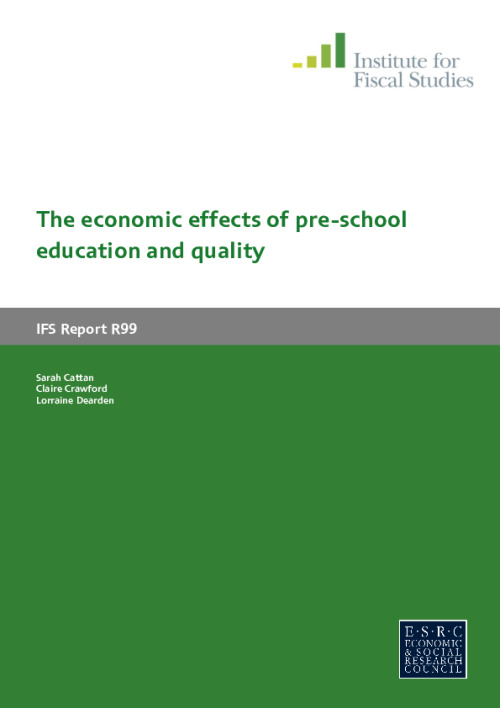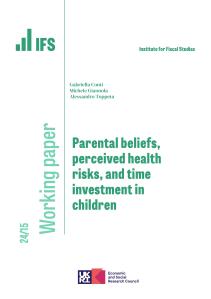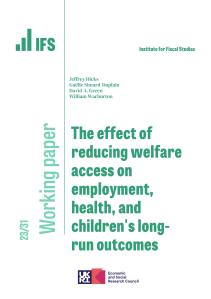The Effective Pre-School, Primary and Secondary Education (EPPSE) project is the first large-scale British study on the effects of different pre-school experiences on children’s outcomes. As part of this project, about 2,800 children were assessed at the start of pre-school around the age of 3 and their development was monitored until they entered school around the age of 5. An additional group of about 300 children with no pre-school experiences (or very little, hereafter referred to as the ‘no pre-school’ or ‘home’ group) were recruited at school entry at age 5. This brought the total (pre-school plus no pre-school group) to just over 3,000. The full sample were subsequently assessed at important points of their academic career up until their final year of compulsory schooling (age 16). Their subsequent education, training and employment choices were captured six months after leaving school.
Previous analyses of the EPPSE study have documented long-lasting impacts of high-quality pre-school and family experiences on educational attainment and socio-behavioural development up to age 14 (Sylva et al., 2004, 2008 and 2012). In this report, we describe new research on the impact of different pre-school experiences on academic outcomes at the end of Key Stage 4 (KS4, age 16) and relate this to the potential longer-term economic benefits for both the individuals themselves and the exchequer. In particular, we consider possible effects on employment and earnings between ages 18 and 60 using other data sets to estimate potential future trajectories.











